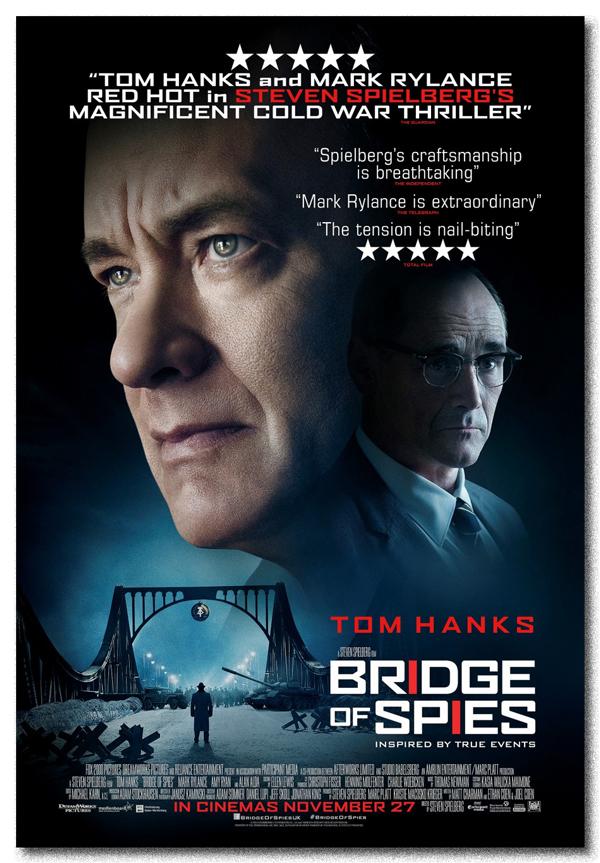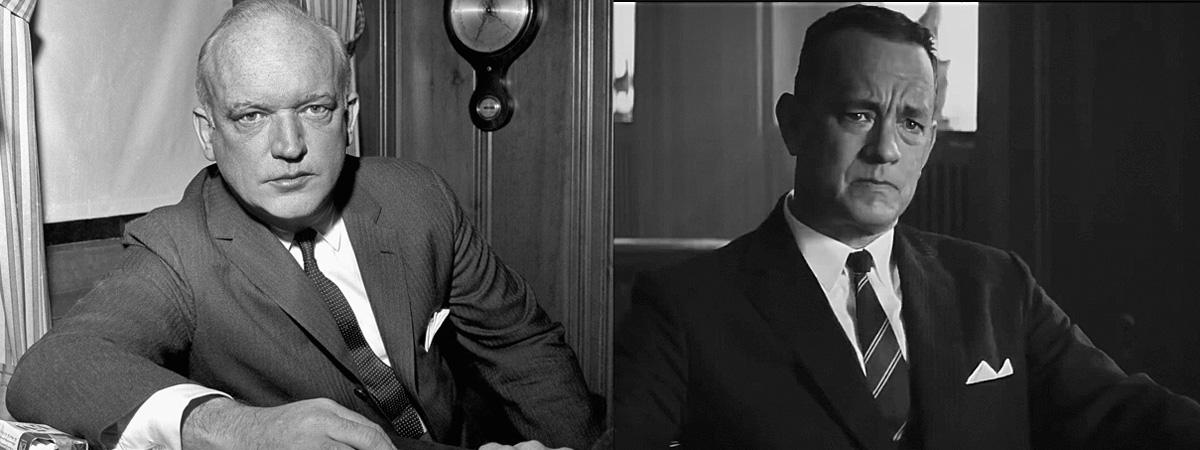'Meta-Diplomat' James Donovan (Tom Hanks), Subject of Best Film Nomination, Won Massive Prisoner Release in Cuba
Once-secret CIA and White House records reveal Donovan's mission to negotiate normal relations with Castro, provide historical backdrop to Obama's forthcoming trip to Cuba
CIA established secret task force to support Donovan-Castro negotiations
"Do you know how porcupines make love?" Donovan asked Fidel. (See below for answer)











